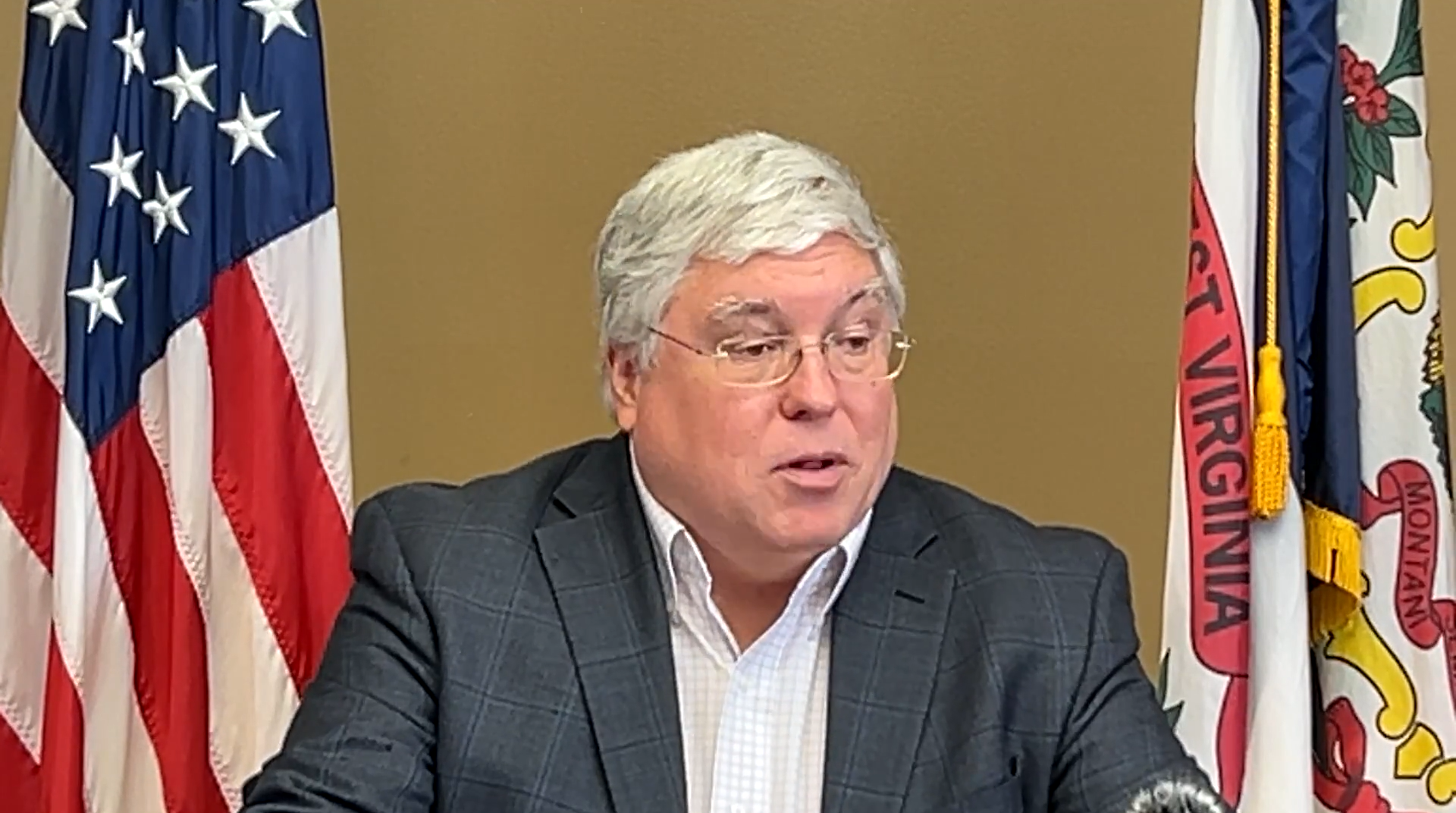Updated on Friday, July 26, 2024 at 4 p.m.
The fight over whether West Virginia is legally required to cover gender-affirming surgeries under Medicaid is headed to the U.S. Supreme Court.
The original lawsuit, filed on November 19, 2020, by Lambda Legal, a civil rights organization focused on LGBTQ and HIV/AIDS rights, alleged West Virginia’s Medicaid and state employee health plans unlawfully denied coverage for gender-affirming care for two transgender residents.
On September 23, 2021, Lambda Legal announced that plaintiffs had been added to the suit, two transgender West Virginia women, Shaunte Anderson and Leanne James.
The suit argued the state is violating the Affordable Care Act and Medicaid law by not covering treatments for gender dysphoria.
West Virginia banned gender-affirming surgeries due to gender dysphoria from Medicaid coverage in 2004. Medicaid covers pubertal modulating and hormone therapy.
On April 29, 2024, the U.S. Court of Appeals for the Fourth Circuit ruled in Anderson’s favor that West Virginia could not deny Medicaid coverage for gender reassignment surgeries.
In an 8-6 decision, the appeals judges concluded that West Virginia discriminates unfairly against transgender people because the state’s policies allow coverage for the same procedures to other people for different medical reasons.
West Virginia Attorney General Patrick Morrisey announced Thursday he filed a petition with the U.S. Supreme Court to challenge the decision of the lower court.
“This is a case that we think should be heard by the U.S. Supreme Court, because it’s interpreting a major federal law, the Medicaid act, and it presents a nationally important constitutional question, whether Medicaid, or any state related insurance program, must cover all transgender care,” Morrisey said.
Morrisey told reporters at a press conference that he believed the state’s Medicaid program made “a reasonable decision to reserve scarce funding” and that the state is entitled to have priorities in the operation of its Medicaid program.
“The state’s Medicaid program is saying no to the transsexual surgery,” Morrisey said. “And it’s a state that’s trying to help ensure that we’re covering people with heart disease, with diabetes and all sorts of medical conditions. We’re not a rich state, we can’t afford to do everything.”
In a statement, Lambda Legal Senior Counsel, Tara Borelli, attorney in the Anderson v. Crouch lawsuit, said she is confident the court’s decision will stand.
“Everyone, including transgender people, deserves access to life saving and medically necessary health care,” Borelli said. “This appeal to the U.S. Supreme Court serves no purpose other than to deny equal treatment and urgently needed care to Medicaid participants except to put lives at risk. The U.S. district court and the Fourth Circuit both reviewed the evidence and found that targeting transgender people for discrimination is unconstitutional.”
**Editor’s Note: This story was updated to include Lambda Legal’s Response to West Virginia’s Appeal to the Supreme Court.
